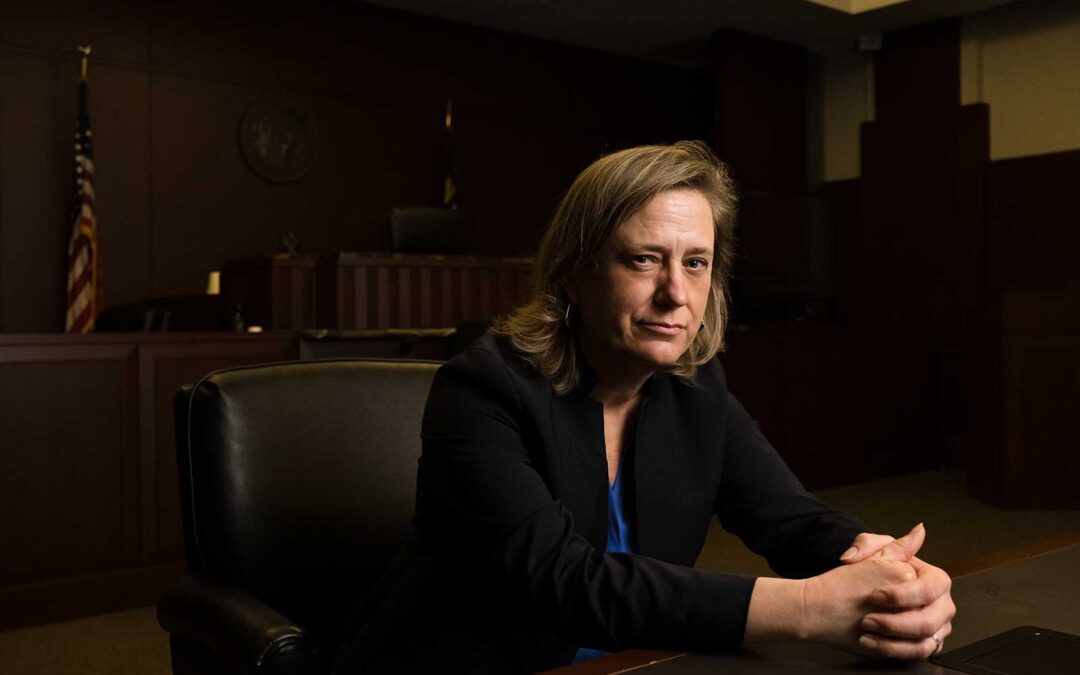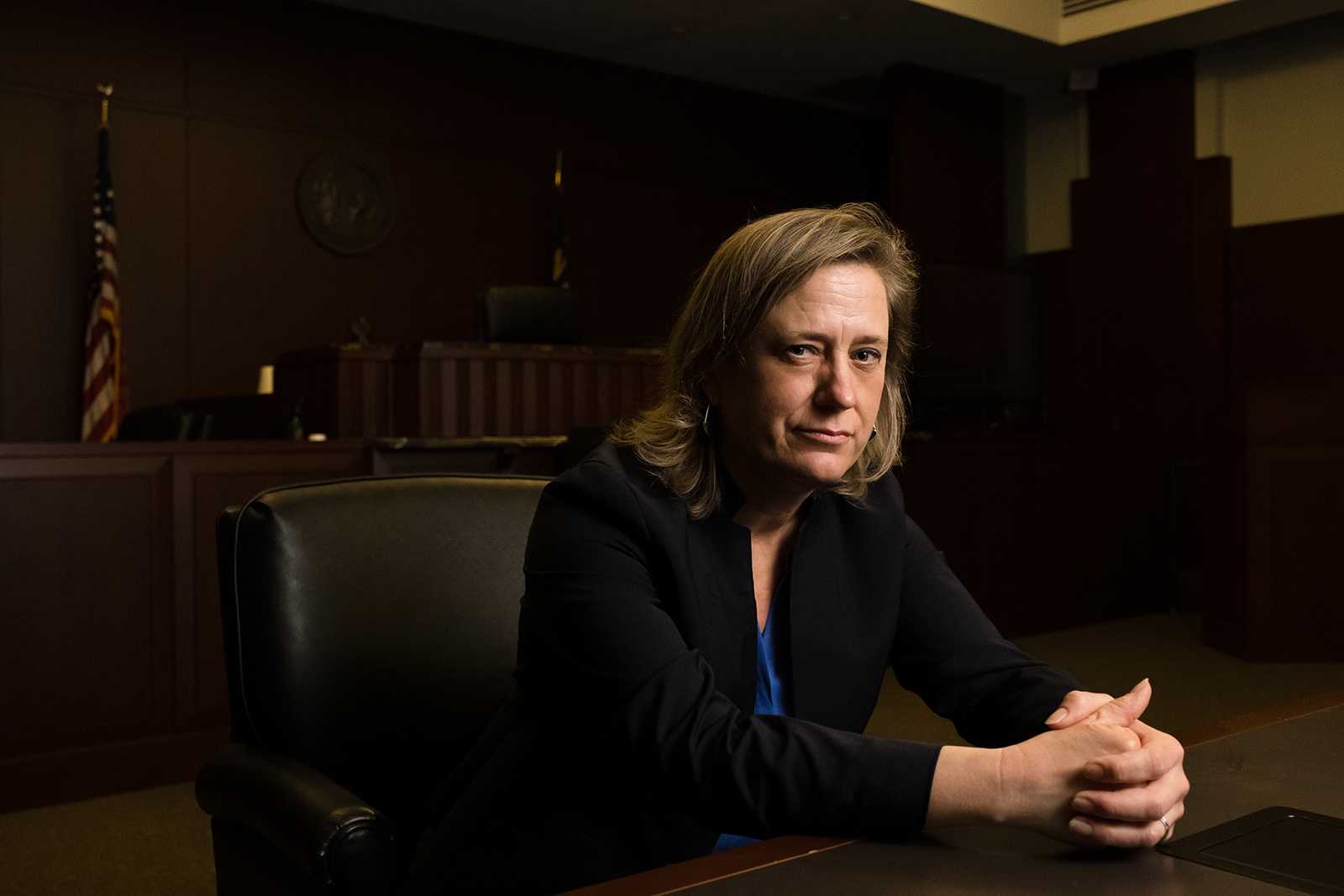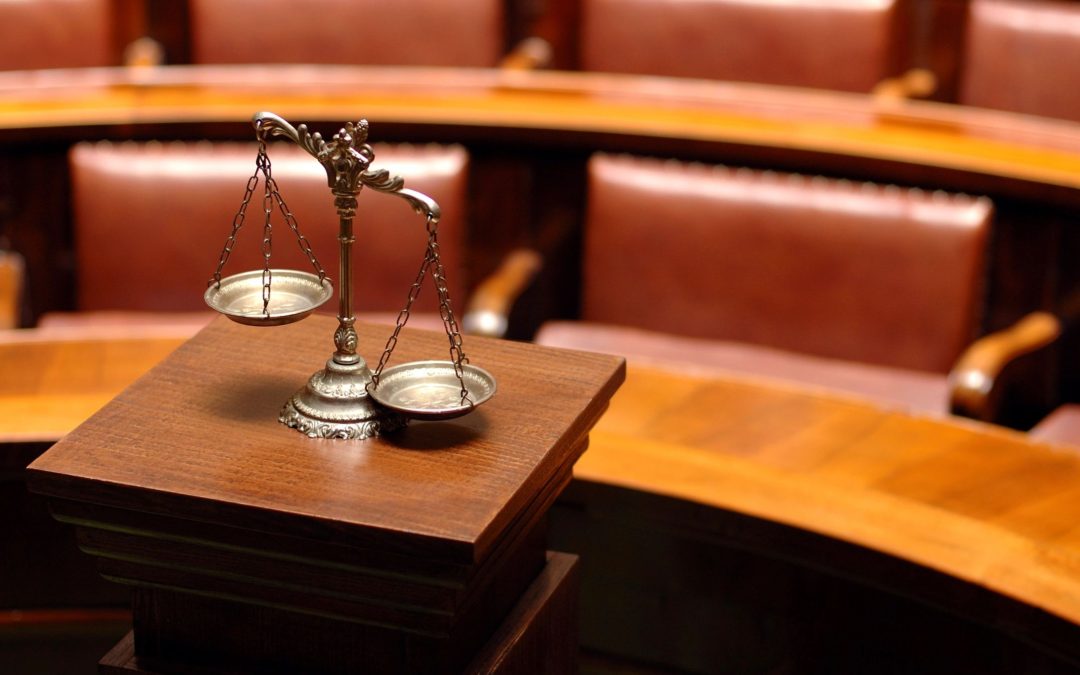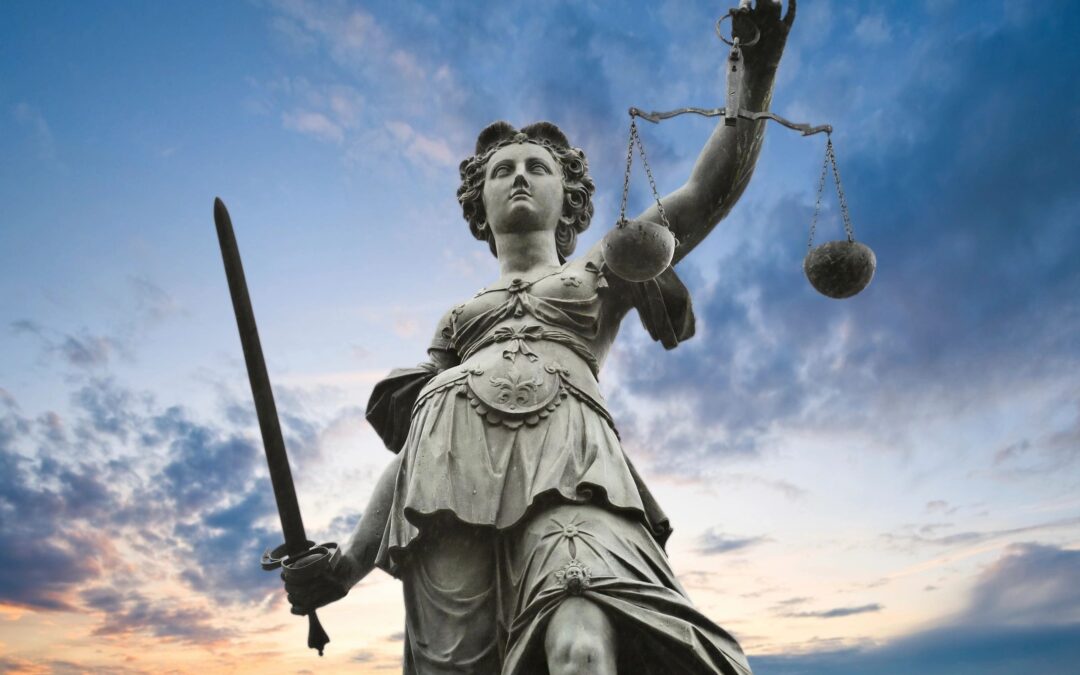
by WomenLawyersOnGuard | Jun 24, 2022 | Amicus Briefs, Issues, Women's Rights
Organizations of Women Lawyers’ Joint Statement Condemning the U.S. Supreme Court Decision and Underlying Reasoning in Dobbs v. Jackson Women’s Health
Contacts:
Cory M. Amron, President, Women Lawyers On Guard Inc. [email protected]
Elaine Metlin, Chair, WLG Amicus Committee [email protected]
Peggy Steif Abram, Interim Executive Director, National Association of Women Lawyers, [email protected]
Carol Montoya, Women’s Bar Association of the District of Columbia, [email protected]
June 24, 2022 —
Women Lawyers On Guard Inc., National Association of Women Lawyers, and Women’s Bar Association of the District of Columbia submitted an amicus brief on behalf of women’s legal organizations in the U.S. Supreme Court case of Dobbs v. Jackson Women’s Health Organization. 1 Our brief challenged Mississippi’s unconstitutional 15-week ban on abortion as a violation of the right established by Roe v. Wade and its progeny to end a non-viable pregnancy without state interference. Thirty women’s bar associations and women’s law student organizations joined the brief.
Amici argued that application of the foundational legal principle of stare decisis requires Mississippi’s 15- week abortion ban to be struck down as unconstitutional under the reasoning of Roe and Planned Parenthood v. Casey. While stare decisis does not favor preserving misguided, erroneous, and outdated precedents such as Plessy v. Ferguson (which upheld racial segregation under the “separate but equal” doctrine), the opposite is true when it comes to cases that recognize new or expanded liberty interests that afford additional rights to individuals. Those cases, such as Roe, Brown v. Board of Education, and Lawrence v. Texas, should be upheld. The Court itself observed in Casey that changing the law simply due to a change in the Court’s membership would make the Court appear to be a political institution. The brief also argued that, for 50 years, women, including women attorneys, have relied on the rights guaranteed by Roe and Casey to advance their careers and achieve greater gender parity. Despite these gains, inequality and inequity persist, and the gap will assuredly grow rather than shrink if these constitutional rights are restricted or extinguished.
We are extraordinarily disappointed, but not surprised, in the ruling of the Court. We are, however, shocked by the reasoning used to support this decision. With the stroke of a pen, this tragic decision creates a generation of women that have less agency over their own bodies than their grandmothers, and abrogates constitutional rights that we have relied on for nearly 50 years. This decision will have monumental consequences for individuals and their families in this country. As we have seen in other scenarios, pregnant people will not stop seeking abortions, but they will now have to go to much greater lengths, with predictable dire consequences, to exercise their rights to choose when and whether to have a child. People of color and those struggling to make ends meet, who currently have inequitable access to abortion care, will be even more disproportionately affected as their options become more elusive. Additionally, we do not need a crystal ball to foresee other significant personal liberty rights – birth control, marriage equality, and even interracial marriage – that may be challenged on this basis. The public’s trust in and respect for the Court has now been severely damaged. People perceive that a handful of Justices’ personal, religious, or political beliefs have prevailed over precedent and stability of the law. Whether individuals will be forced to bear children will now devolve in a chaotic manner in each state, and more than half the states are expected to make abortion illegal immediately upon issuance of the Dobbs decision. We will never stop fighting for the right of every person to make this highly personal decision in private, without being subject to state control over their body.
You can read the full press release here.
“Whatever the exact scope of the coming laws, one result of today’s decision is certain: the curtailment of women’s rights, and of their status as free and equal citizens.”
– JUSTICE BREYER, JUSTICE SOTOMAYOR, and JUSTICE KAGAN, dissenting
Women Lawyers On Guard Inc.
Women Lawyers On Guard Inc. (WLG) is a national, non-profit organization that seeks to harness the power of lawyers and the law to preserve, protect, and defend the democratic values of equality, justice, and opportunity for all. WLG focuses on securing the equal treatment of women by challenging laws and practices that discriminate against women, including gender-based violence and harassment and attempts to curtail women’s reproductive rights.
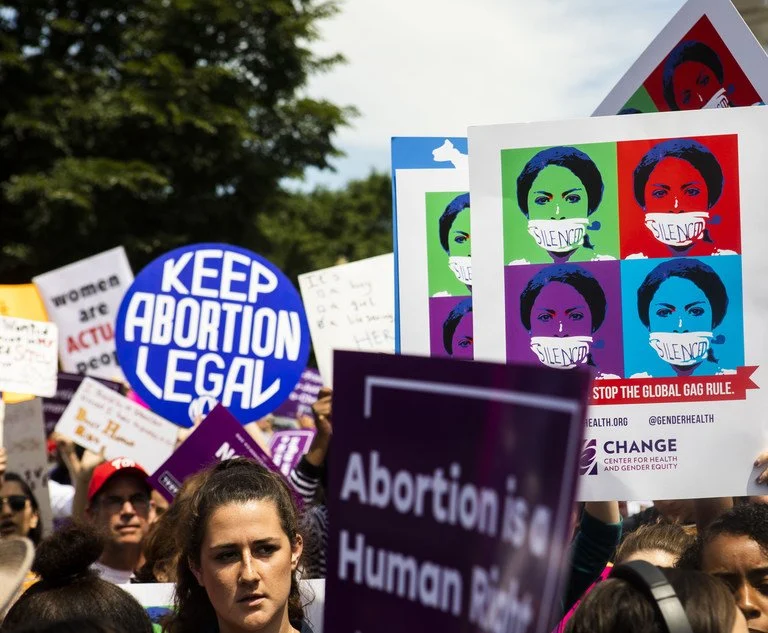
by WomenLawyersOnGuard | Sep 22, 2021 | Issues, Women's Rights
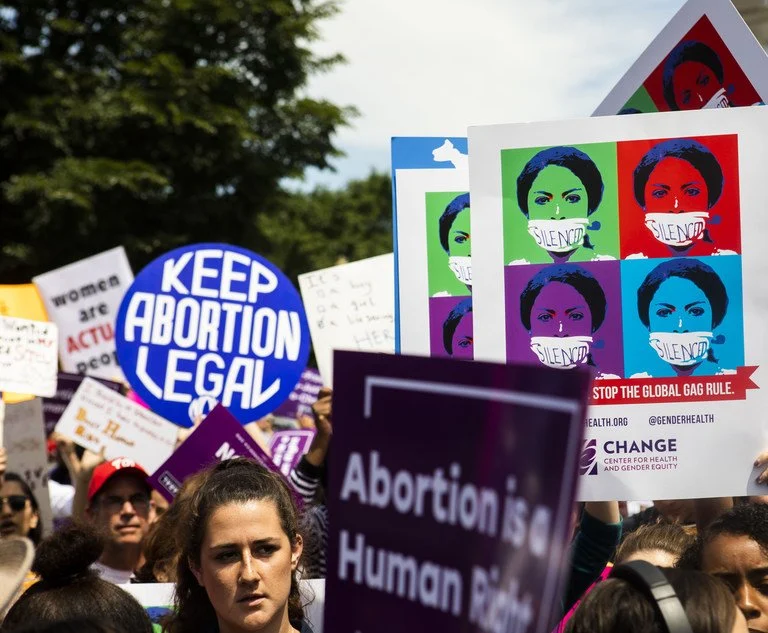
Pro-abortion rights protest outside the U.S. Supreme Court in Washington, D.C., on May 21, 2019. Photo: Diego M. Radzinschi/ALM
Reposted from The National Law Journal (Read the full article)
By Marcia Coyle
Losing the right to determine when to have children would devastate women’s ability to advance their legal careers and achieve gender parity, more than 30 organizations of women lawyers and law students told the U.S. Supreme Court in an amicus brief in the new term’s latest abortion fight.
The organizations, in the brief by Mia Guizzetti Hayes, counsel at Willkie Farr & Gallagher, emphasize “reliance” on the abortion right as the key factor in the justices’ analysis of whether to accept Mississippi’s request that they overturn their landmark abortion rights rulings in Roe v. Wade and Planned Parenthood of Southeastern Pennsylvania v. Casey.
“Mississippi’s claim that women have been able to reach society’s highest echelon without reliance on the right to decide to end a pregnancy is simply wrong,” the brief states. “While Congress has passed some laws that provide some support for parents, many women throughout the legal profession continue to experience significant setbacks to career advancement if they cannot decide the timing and size of their families. Amici members have personally relied on the guarantee of bodily autonomy to advance their own careers and women’s position in the legal field as a whole.”
The amicus brief by Hayes, associate Ciara Copell and a team of Willkie Farr lawyers is one of more than 50 filed in recent days on behalf of the Mississippi abortion clinic in the case Dobbs v. Jackson Women’s Health Organization. Thomas Dobbs is head of the state’s Department of Health.
Mississippi initially asked the justices in its petition for review to decide whether all pre-viability prohibitions on abortions are unconstitutional. The state said the case could be decided without overturning Roe or Casey. But when it filed its brief on the merits after the court granted review, the state explicitly urged the court to overrule Roe and Casey as “egregiously wrong.”
The lead organizations on the Willkie Farr amicus brief are Women Lawyers on Guard, the National Association of Women Lawyers and the Women’s Bar Association of the District of Columbia. Other organizations include Oregon Women Lawyers, the Women’s Law Center of Maryland, Asian Pacific American Women Lawyers Alliance, North Carolina Association of Women Attorneys, Rhode Island Women’s Bar Association, Hawaii Women Lawyers and Women’s Law Student Association at the University of Wisconsin School of Law.
The brief highlights statistics about ongoing discrimination against women lawyers in the legal profession, particularly mothers and women of color. For example, women represent less than one-fourth of law firm equity partners, despite representing 40% of associates; 54% of women in the law are fully in charge of arranging child care as compared with just 1% of men, and 32% of women in the law are responsible for leaving work early for child care as compared to just 4% of men, and women are also likely to be passed over for certain projects after returning from maternity leave because of assumptions about their need to participate in child care.
Gender parity, the brief states, is not expected to occur until 2181, according to one study.
“Considering the limited resources and opportunities available to women lawyers with children, particularly against the backdrop of the ongoing pandemic, losing the ability to decide whether and when to have their children, and how many children to have, would undoubtedly be detrimental to women lawyers’ careers,” the brief states.
Willkie Farr’s Copell, whom Hayes called “instrumental in putting together the brief, said, “As soon as the Supreme Court took up this case, we were very eager to get involved.” The firm also filed an amicus brief in the 2020 abortion case, June Medical Services v. Russo.
Women Lawyers On Guard, Copell said, was “ready to go” as soon as the court took the Mississippi case. It and the other two named organizations became the core group behind the amicus brief. “They utilized their network across the country with other women lawyer groups to get a critical mass,” Copell said. “Willkie used our network to reach other other women’s lawyer organizations. It was a conscious decision to include law students as well as they are going through the same things women lawyers have been and are still going through.”
The amicus brief is reminiscent of a powerful amicus brief filed by women lawyers in the 2016 case, Whole Woman’s Health v. Hellerstedt. In that brief, filed by Paul, Weiss, Rifkind, Wharton & Garrison, 113 women lawyers signed their names and detailed their own abortion stories and the abortion rights’ impact on their careers and families.
A Paul Weiss team of lawyers has been assisting the Center for Reproductive Rights in the Mississippi abortion case since the litigation began.
Reliance on the abortion right has only grown with the passage of time, the new amicus brief tells the court.
“Under the principle of stare decisis, the court in Casey upheld the central holding in Roe in part because it recognized that ‘an entire generation has come of age’ relying on ‘Roe’s concept of liberty in defining the capacity of women to act in society, and to make reproductive decisions.’” the brief states. “Now, close to thirty years after Casey, this statement applies to every woman of childbearing age in the United States.”
Copell said the justices have expressed that reliance is one of the most important factors. “Here it’s a little bit of a slam dunk in the fact that women have relied on this right for the last 40 years,” she said. “It was a particular honor to write this one from the perspective of women lawyers who have both professional and personal knowledge on this subject matter.”
Hayes added, “We’ve planned lives, careers, education and families in reliance on this right.”



